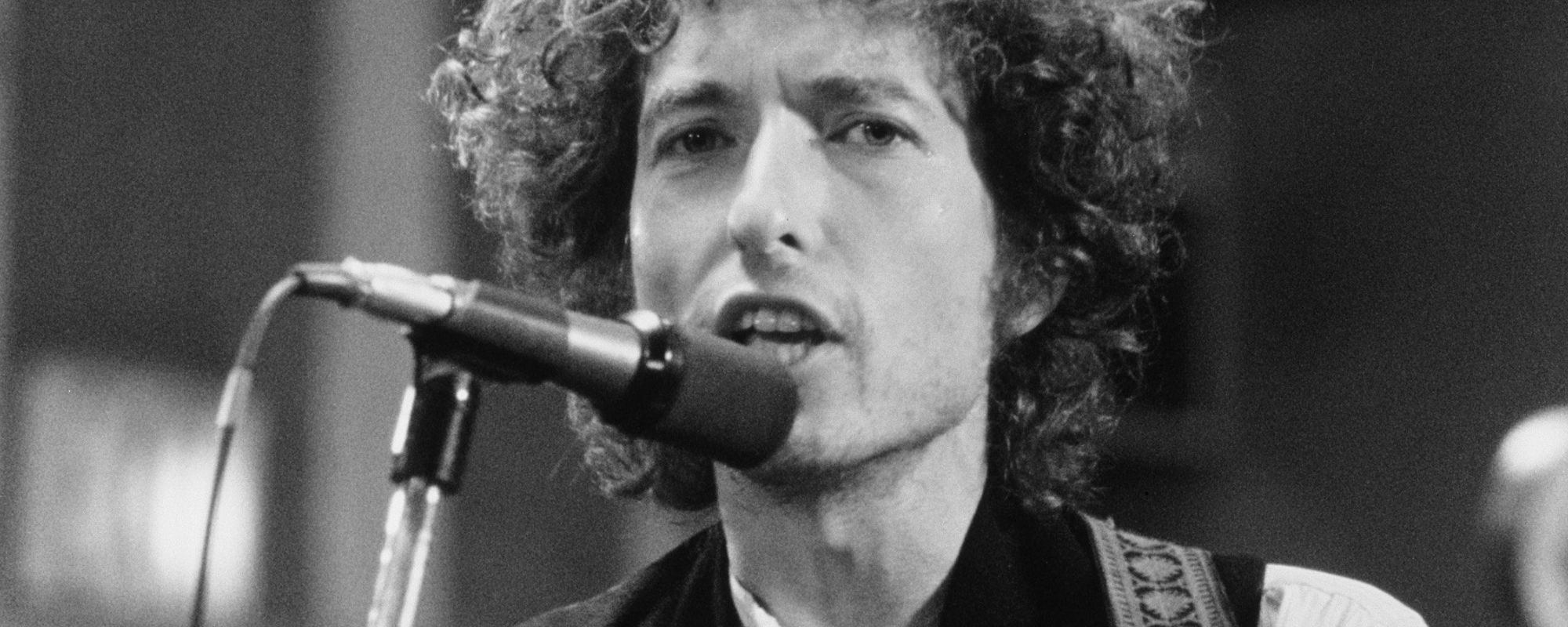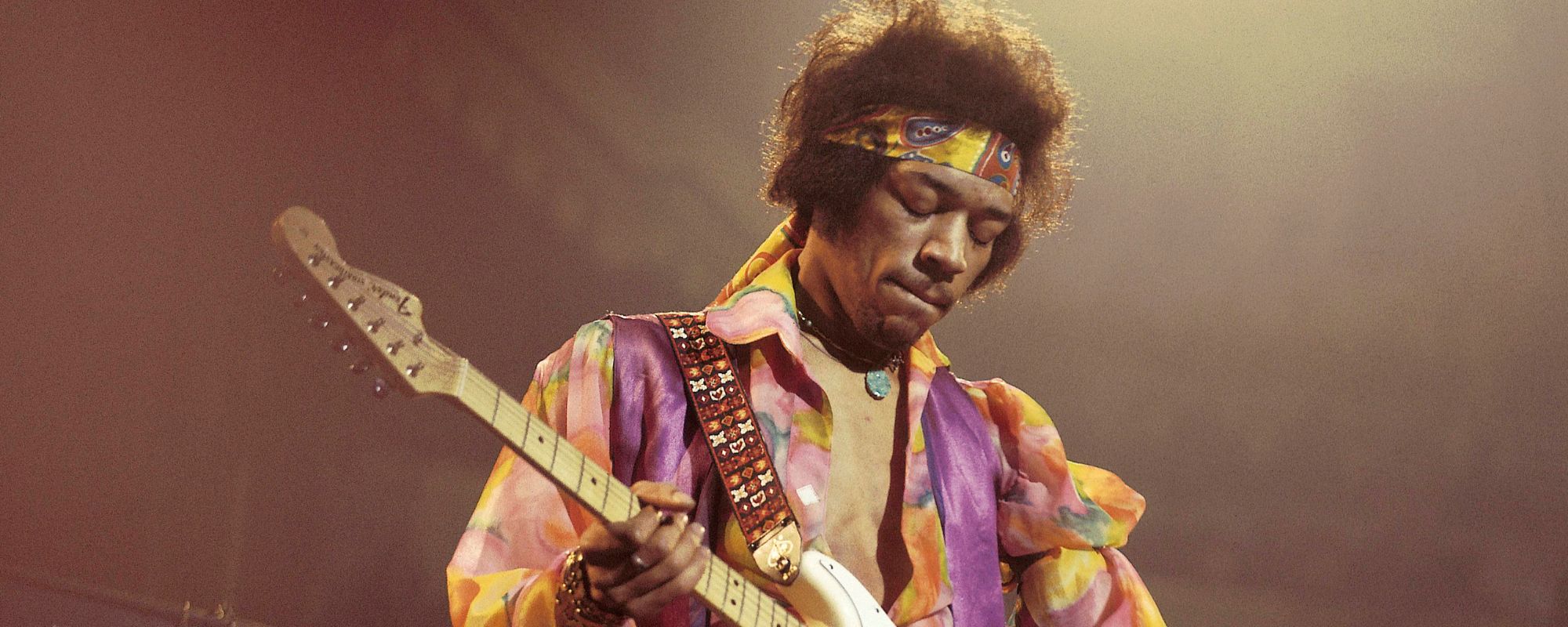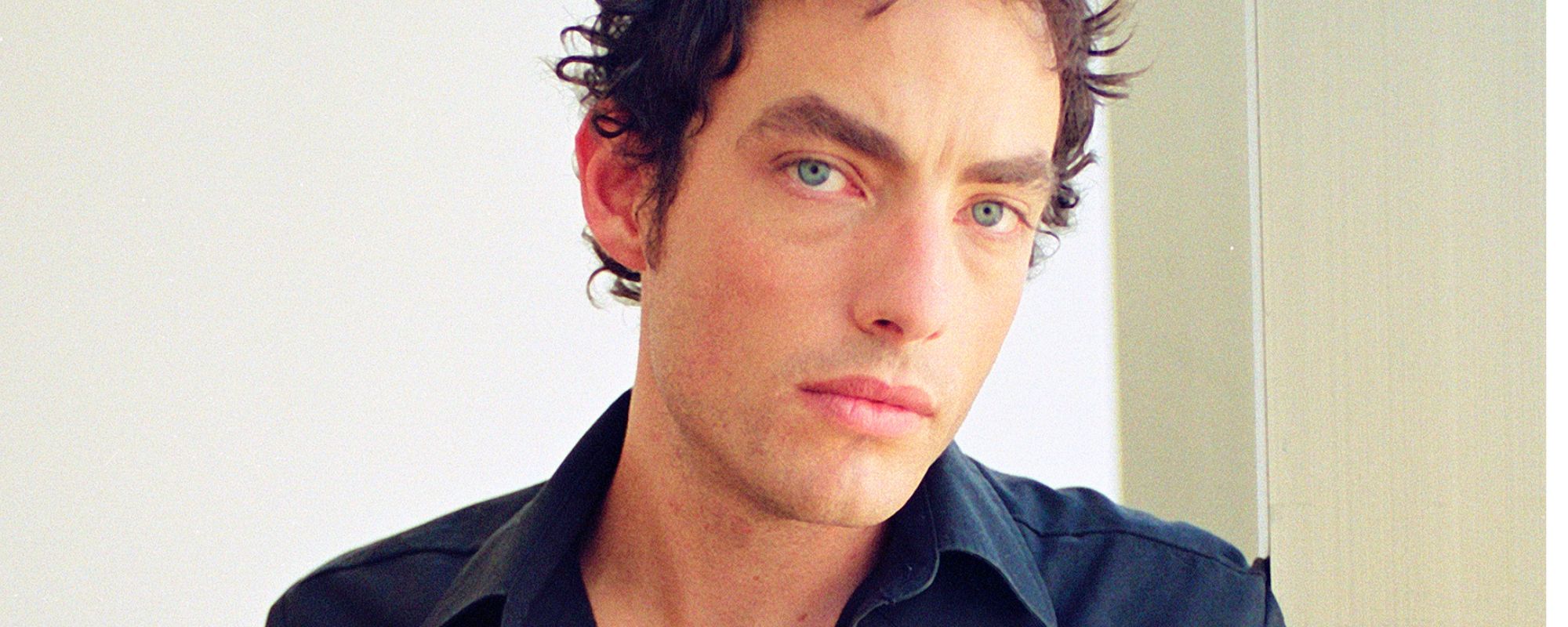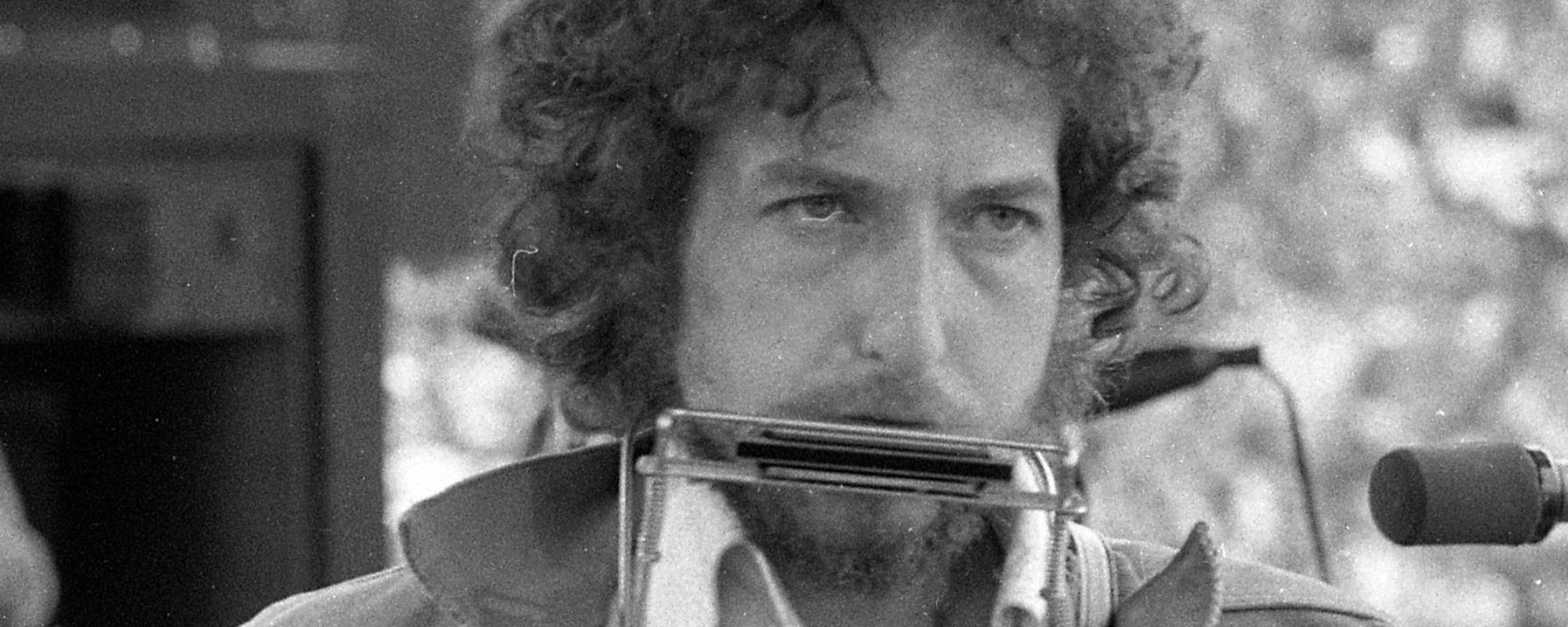Bob Dylan once said his songs “didn’t get here by themselves.”
Videos by American Songwriter
What came before him informed his writing—traditional folk songs, blues, and country music. You don’t end up with Bob Dylan without Woody Guthrie or Little Richard.
The artists below stand on the giant shoulders of Dylan. And like him, they’ve created a new vision for storytelling through songs.
The first band weaves several periods of Dylan’s work, combining heartland rock with neo-psychedelia. Then, the second artist recreated Dylan’s most controversial era. The time when he dared to plug in an electric guitar, revealing himself to be a heretic to the folk purists. And finally, like Dylan, a serial reinventor who remains one of the most celebrated artists of his generation.
The War on Drugs
You can find traces of Dylan across The War on Drugs’ entire catalog. But one song in particular neatly showcases Dylan’s profound influence on the writing and singing of Adam Granduciel and his group. In the title track to the band’s fifth album I Don’t Live Here Anymore, there’s a direct reference to Dylan: Like when we went to see Bob Dylan / We danced to “Desolation Row.”
Additionally, the bones of “I Don’t Live Here Anymore” lay in Dylan’s Time Out of Mind. On his 1997 comeback album, Dylan confronts mortality and sings, often nihilistically, amidst the hazy reverbs of producer Daniel Lanois. Perhaps the album’s most powerful line appears in “Not Dark Yet.” Dylan sings: I’ve been down on the bottom of a world full of lies / I ain’t looking for nothing in anyone’s eyes.
Granduciel echoes this despairing sentiment in his opening verse.
I was lying in my bed
A creature void of form
Been so afraid of everything
I need a chance to be reborn
I never wanted anything that someone had to give
I don’t live here anymore
I went along in will
Dylan was 56 when he released Time Out of Mind. Granduciel is 45 at the time of this writing, and maybe the lower side of middle age explains why the light still flickers on his side of the threshold. Still, both albums are exquisite looks at the human condition and how one navigates growing old.
Cat Power
In 2022, Chan Marshall, who releases music as Cat Power, received an offer to perform at the Royal Albert Hall in London. Instead of performing her songs, she recreated Dylan’s famous set at the legendary venue. She released the live album Cat Power Sings Dylan: The 1966 Royal Albert Hall Concert in 2023. Though it’s a song-for-song recreation of Dylan’s fabled performance, there’s some confusion to clear up.
The 1966 live album features Dylan in concert at the Manchester Free Trade Hall, mistakenly attributed to the “Royal Albert Hall.” However, the concert that first inspired Marshall was the one from 1965 documented in D. A. Pennebaker’s film Don’t Look Back. (Pennebaker, attempting to “simplify the language,” titled his film without an apostrophe.) “When I saw ‘Don’t Look Back’ … you know, to get an offer to play inside that building [Royal Albert Hall], of course, I want to play that record,” she told Variety.
Now that the facts are straight, on to Marshall’s performance. She stays true to the 1966 set though she does take Dylan’s melodies to new places. Her recorded output frequently features classic covers she’s reimagined as her own. But here, she echoes Dylan without pastiche. She said she’s been harmonizing with these songs since childhood. But at her shows, she said, “Bob’s not singing,” and what’s left are the harmonies as the primary melody.
Beck
Beck’s defining song is the slacker anthem “Loser.” Though it remains definitively ’90s in its production, it’s built atop an early blues slide guitar riff. Early on, he dabbled in New York’s anti-folk scene, but there isn’t much “anti” to Beck’s folk music. In 1998, he gathered in a studio with Radiohead’s producer Nigel Godrich to cut a folk-rock album called Mutations. It wasn’t a one-off.
He and Godrich returned with the gorgeous Sea Change in 2002. That record’s influence can be heard in Kacey Musgrave’s equally stirring Golden Hour (2018). Between recording folk albums, Beck mined hip-hop, electronic, funk, and lo-fi experimentalism in a sprawling, groundbreaking catalog.
His 12th album, Morning Phase, continued Beck’s folk music. It earned a Grammy for Album of the Year, and Morning Phase echoes what he started with Godrich on Mutations and Sea Change. (Though it’s considered a sister album to Sea Change, Godrich wasn’t involved.) Like Dylan before him, Beck has shaped popular music through restless reinvention.
Photo by Dimitrios Kambouris/Getty Images for Re:Wild













Leave a Reply
Only members can comment. Become a member. Already a member? Log in.